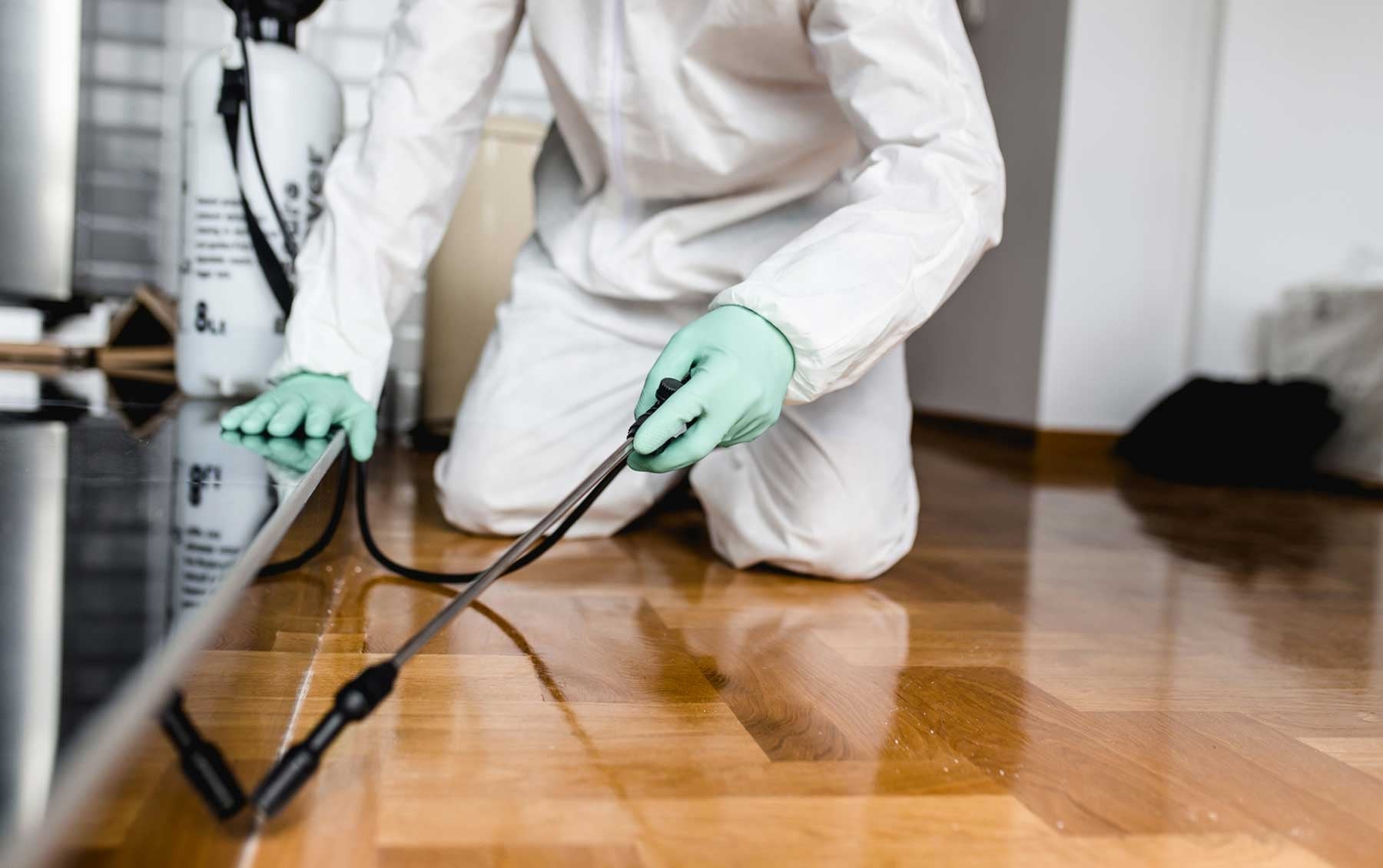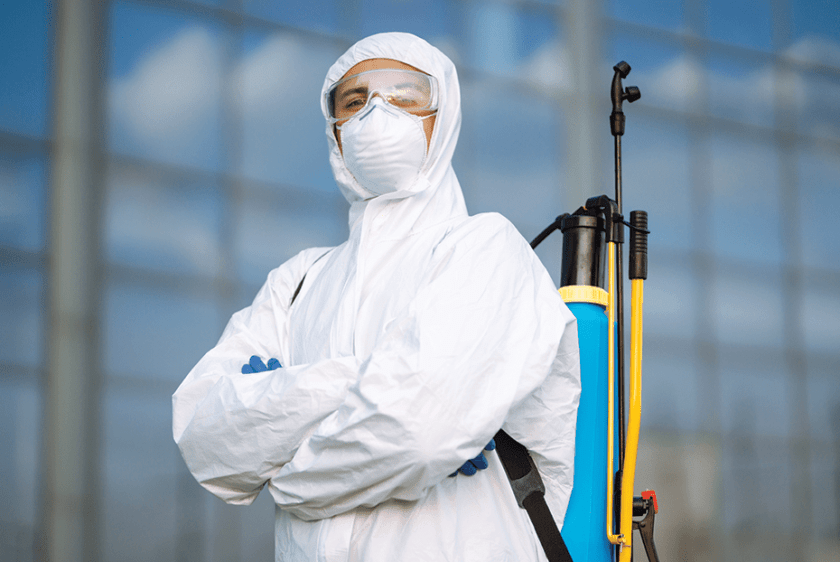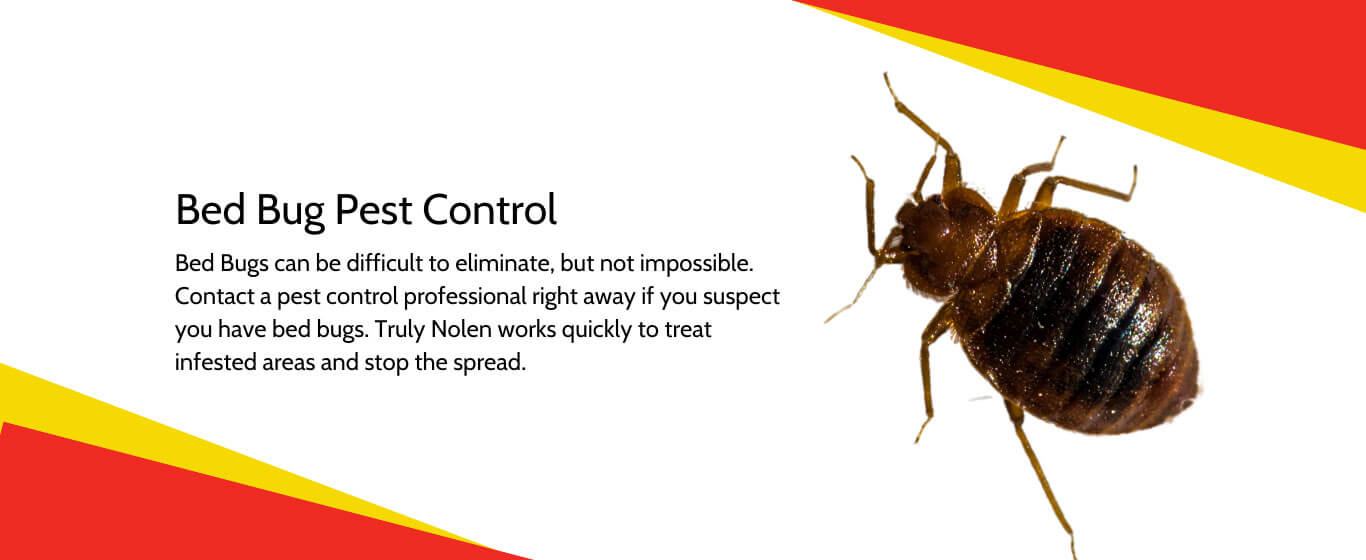Safe and Trustworthy Bug Control for Lasting Defense
Efficient bug monitoring requires a multifaceted technique that stabilizes eco-friendly honesty with the demand for effective insect suppression. The nuances of these approaches may not be immediately clear, prompting a better assessment of the methods that can lead to sustainable bug control end results.
Comprehending Insect Control Techniques
Bug control includes a variety of methods aimed at handling and getting rid of undesirable bugs and rodents that can intimidate both wellness and building. Comprehending these techniques is important for effective pest management.
The key groups of pest control methods consist of mechanical, organic, and chemical methods. Mechanical approaches involve physical barriers and traps to prevent pest access and capture undesirable species. As an example, using displays on windows or using sticky traps can substantially decrease parasite populations without introducing harmful compounds.

Chemical insect control is usually the most recognized approach, utilizing chemicals to remove insects. These chemicals can be reliable but should be used with care to stay clear of adverse impacts on non-target types and the environment.
Benefits of Eco-Friendly Solutions
Exactly how can eco-friendly services change parasite control methods? The fostering of environmentally friendly bug control approaches provides many advantages, significantly improving the performance and security of parasite management (exterminator coquitlam). First of all, these solutions make use of all-natural ingredients, reducing the dependence on unsafe chemicals that can posture threats to human health and wellness and the atmosphere. This change not just shields family members and family pets yet likewise minimizes the possibility for soil and water contamination.

One more benefit is the positive effect on neighborhood biodiversity. Environmentally friendly options are made to target specific insects while maintaining beneficial bugs and wild animals, advertising a well balanced community. This technique straightens with the expanding consumer demand for lasting techniques, enhancing the credibility of parasite control suppliers.
Integrated Parasite Monitoring Strategies
The application of environmentally friendly solutions normally results in the adoption of Integrated Pest Monitoring (IPM) strategies, which even more improve insect control effectiveness. IPM is an alternative technique that integrates several techniques to handle insect populations while reducing environmental impact. This strategy stresses making use of organic, cultural, mechanical, and chemical controls, making sure a balanced and sustainable technique of pest monitoring.
One basic element of IPM is the complete evaluation of insect activity and ecological conditions. By keeping track of insect populaces and recognizing their life process, specialists can execute targeted treatments that interrupt the insect's habitat or lifecycle, lowering dependence on chemical pesticides. Furthermore, cultural techniques such as plant rotation and environment control can substantially decrease parasite facility and reproduction.
Another crucial part is the usage of biological control representatives, such as useful insects or microbes, which can naturally suppress bug populations. When chemical applications are necessary, IPM focuses on the use of low-risk chemicals and applies them uniquely, lessening exposure to non-target microorganisms and humans.
Including IPM methods not only improves bug control efficiency however also advertises a much safer ecosystem, straightening with the growing need for sustainable techniques in insect administration.
Safe Practices for Property Owners
Recognizing the importance of risk-free techniques in insect control can encourage property owners to properly manage bug concerns while securing their wellness and the environment. Applying non-toxic approaches and preventive actions is vital in decreasing direct exposure to harmful chemicals.
House owners must initially examine their atmosphere for conditions that attract insects, such as standing food, water, and mess waste. Consistently cleansing and sealing entry points can deter pests from getting into the home. Utilizing natural deterrents, such as important oils or diatomaceous earth, can provide reliable options to chemical pesticides.
When chemical treatments are necessary, homeowners need to select products that are specifically classified as risk-free for domestic use. It is important to adhere to application guidelines meticulously to stay clear of too much exposure. Additionally, using targeted therapies in areas where pests are recognized, as opposed to blanket splashing, can substantially decrease chemical usage.
Lastly, keeping open communication with parasite control experts is essential. Property owners should ask about the security of items used and demand environment-friendly alternatives whenever possible. By taking on these risk-free techniques, property owners can develop a healthier living setting while properly managing bug issues.

Tips for Long-Term Protection
Establishing a parasite management technique that stresses lasting protection can substantially enhance the efficiency of the secure practices previously talked about. To attain this, homeowners must apply regular visite site evaluations of their building, focusing on hidden areas such as attics, cellars, and crawl spaces. Early discovery of pest activity is critical in protecting against infestations from holding.
These methods decrease attractants that draw parasites right into the home. Sealing entry factors, such as splits around windows and doors, can efficiently block potential parasite gain access to.
Landscaping should additionally be taken into consideration; maintaining plants cut and maintaining insect pest control company a distance in between plant life and the home decreases hiding spots for pests. Utilizing natural deterrents, such as crucial oils or diatomaceous planet, can additionally prevent invasions without resorting to rough chemicals.
Last but not least, working together with a professional insect control solution for routine assessments can supply an additional layer of safety. These specialists can provide customized referrals and progressed therapies, making sure that your home continues to be secured against insects in the long-term.
Conclusion
In conclusion, safe and dependable bug control needs a diverse approach that stresses eco-friendly methods and integrated bug management. By executing all-natural deterrents, conducting regular assessments, and keeping proper hygiene, homeowner can substantially reduce insect populaces while shielding advantageous insects and the atmosphere. Cooperation with expert insect control solutions improves the performance of these strategies, making sure customized remedies that provide long lasting security and peace of mind against future invasions.
Efficient bug administration needs a diverse technique that stabilizes environmental stability with the requirement for efficient pest control removal insect suppression. The adoption of eco-friendly pest control methods offers countless advantages, dramatically improving the performance and safety and security of parasite administration.The application of environmentally friendly services naturally leads to the fostering of Integrated Bug Administration (IPM) techniques, which further enhance parasite control effectiveness. exterminator coquitlam. By checking bug populations and identifying their life cycles, experts can carry out targeted interventions that disrupt the pest's habitat or lifecycle, lowering dependence on chemical pesticides.In final thought, secure and reliable insect control requires a multifaceted technique that highlights eco-friendly methods and integrated parasite administration